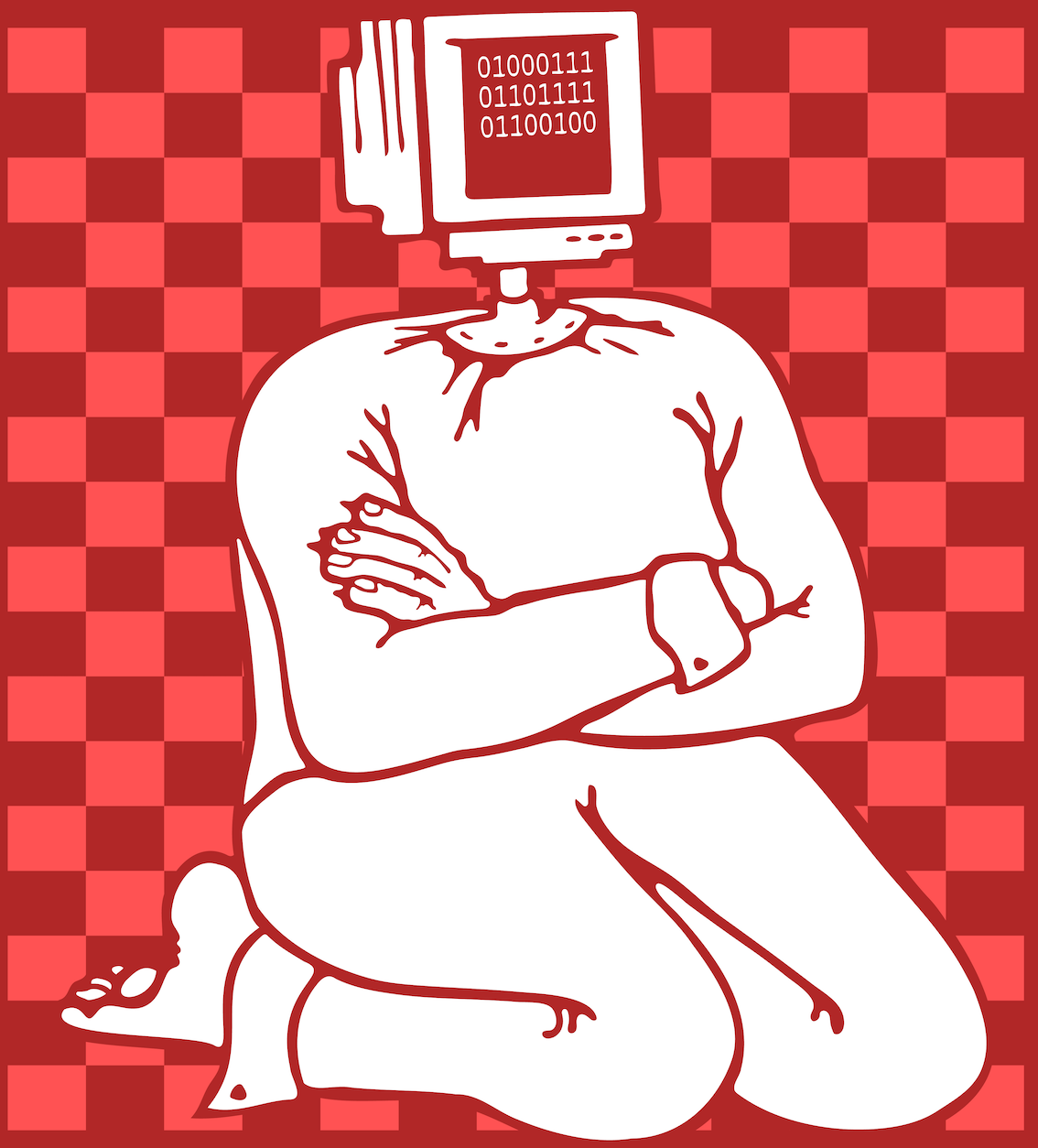Generation, Artifice, Intelligence
A Wayfare Forum on AI
On November 30, 2022, OpenAI released ChatGPT; two months later, it had nearly 100 million monthly active users, making it perhaps the most repeated and least understood acronym in the history of consumer applications. For the record, ChatGPT stands for Chat Generative Pre-trained Transformer but what it means is still very much up in the air. Fueling this meteoric rise was the palpable feeling that something long promised and much debated had entered the world: artificial intelligence. (That and a lot of electricity!)
The rapid release of subsequent versions of large language models, of which ChatGPT is an example, has only ratcheted up our collective levels of wonder and anxiety. What do we make of all this? What should we make of it? What exactly is this new technology? And what, if anything, does AI mean for Latter-day Saints and Christian life more generally?
In the search for better conversations on these topics, Wayfare invited a number of writers and technologists to contribute to a series on AI. As you’ll see in the reflections below, there are a wide variety of interpretations of artificial intelligence, but also a consensus that at stake is the future of creativity, knowledge, community and religion. Our hope is that these reflections will help you make greater sense of how this technology—and the people in front and behind it—may yet reshape our world.
AI and the Future of Faith
An edited transcript of a recent conversation between Nancy Fulda, Tim Chaves, Rosalynde Welch, Carl Youngblood and Zachary Davis.
Algorithmic Advent
In the quest for artificial intelligence, will these new spiritual creations honor their parents or leave humanity behind?
10 Ways Not to Talk about Artificial Intelligence
It is a very fine thing that the full-court press of public debate is now training its attention on artificial intelligence. There are, on the one hand, some real and remarkable advances now available to the interested reader; on the other hand, no less than a simple majority of popular talk about artificial intelligence veers into plain nonsense.
An Avoidable Apocalypse
Early 2023 will go down as a critical decision point in the history of humanity. While ChatGPT was first launched to the public by OpenAI in November 2022, it took a full four months for people to first say “wow” and then say “whoa.”
Charitable Cyborgs
In Machines for Making Gods, anthropologist Jon Bialecki explores two ostensibly opposed movements—The Church of Jesus Christ of Latter-day Saints and transhumanists—and an ostensibly surprising fusion between the two: the Mormon Transhumanist Association (MTA).
Authentic Intelligence vs. Artificial Intelligence
Professed atheist and Sapiens author Yuval Noah Harari gave an address recently called AI and the Future of Humanity, that argues humanity essentially has no future because we will be overmatched by this new, non-human intelligence which will soon have the capacity to manipulate us emotionally as well as mentally. The quest…
AI and Faith
In his 1987 seminal work on science and religion, Holmes Rolston observed that “The religion that is married to science today will be a widow tomorrow… But the religion that is divorced from science today will leave no offspring tomorrow.”
The Future is a Hive
“For now we see through a glass, darkly; but then face to face: now I know in part; but then shall I know even as also I am known” 1 Corinthians 13:12











